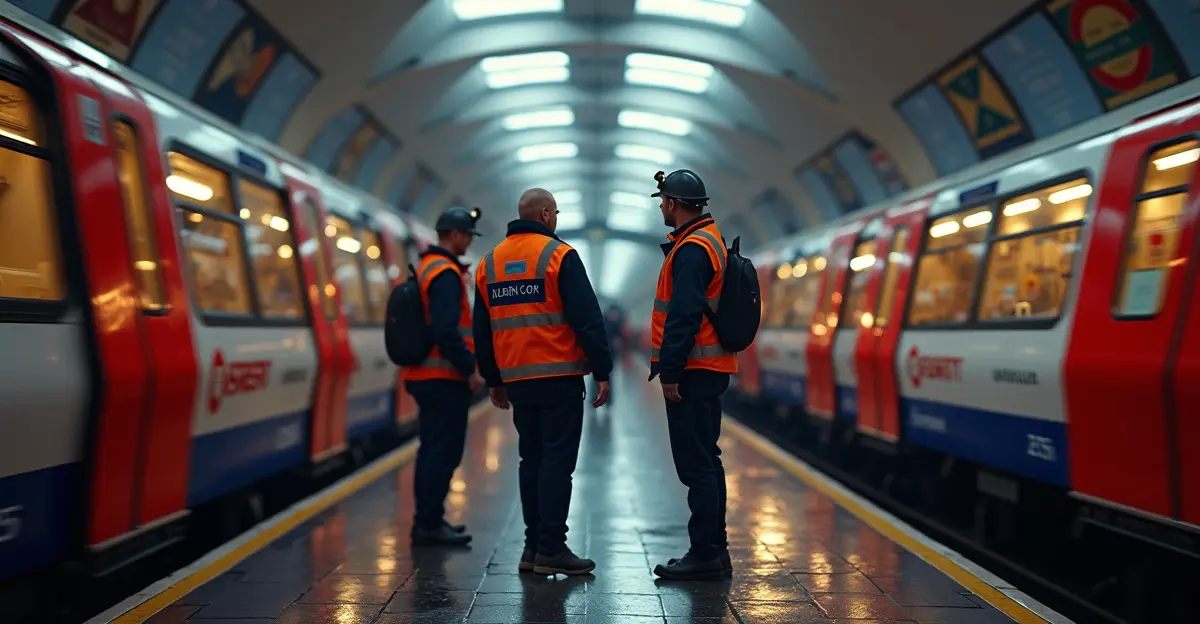
London Transport Chaos as Underground Workers Strike Over Pay and Conditions
London's iconic Underground network has ground to a near-complete halt this week as thousands of transport workers continue their industrial action, leaving millions of commuters stranded and causing widespread disruption across the British capital.
Massive Disruption Across the Capital
The strike, organized by the National Union of Rail, Maritime and Transport Workers (RMT), began on Sunday evening and is scheduled to continue through Thursday unless an agreement is reached with Transport for London (TfL). This marks one of the most significant transport disruptions in recent years, affecting a system that normally serves 3-4 million passengers daily.
Commuters faced chaotic scenes across London with enormous queues forming at bus stops and limited transport options. The Elizabeth Line, which runs cross-city, remained operational but struggled with overcrowding. Many Londoners resorted to cycling or walking, despite safety concerns in certain areas of the city.
"These strikes are happening because of management's intransigent attitude and their refusal to even consider a modest reduction in the working week," an RMT spokesperson stated.
Economic Impact and Public Response
The economic consequences are substantial, with previous Tube strikes estimated to cost London's economy up to £14 million per day in lost productivity. Uber has warned users about surge pricing, with some fares reaching multiples of normal rates due to increased demand.
The strike has also forced major event cancellations. Rock band Coldplay has postponed two scheduled concerts at Wembley Stadium, while American artist Post Malone has rescheduled his London shows for later this month.
Roots of the Conflict
The dispute centers on demands for higher pay and improved working conditions, particularly regarding shift patterns. The RMT argues that a shorter work week is necessary to address "fatigue and health effects of long-term shift work on our members."
Transport for London maintains they have made a "fair, affordable offer" but claim that reducing the work week would be too costly and impractical. This conflict reflects broader tensions in the UK's transport sector, where workers have increasingly taken industrial action to protect working conditions.
According to historical data, the London Underground has been described as "one of Britain's most strike-prone industries," with the RMT having balloted for industrial action at least 50 times between 2000 and 2008 alone.
Services are expected to resume by Friday at 08:00 British time, though negotiations continue in hopes of reaching an earlier resolution.

 Nederlands
Nederlands English
English Français
Français Deutsch
Deutsch Español
Español Português
Português







